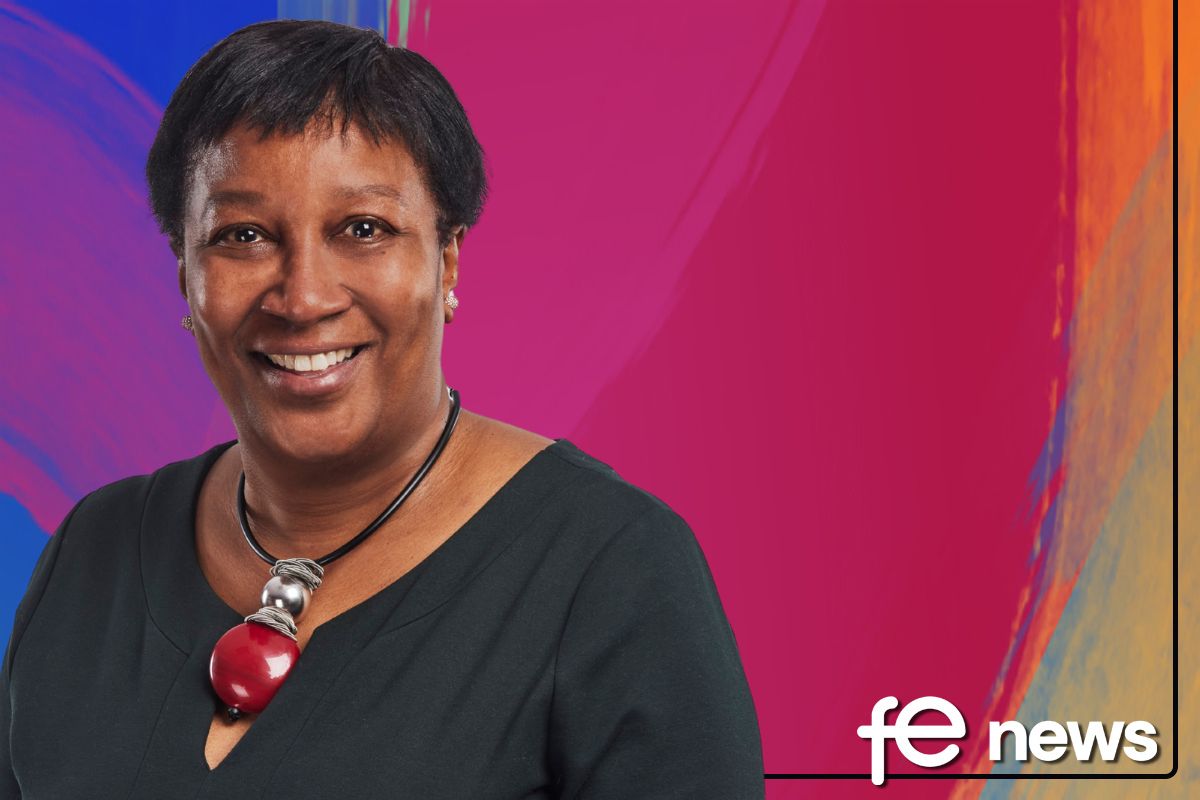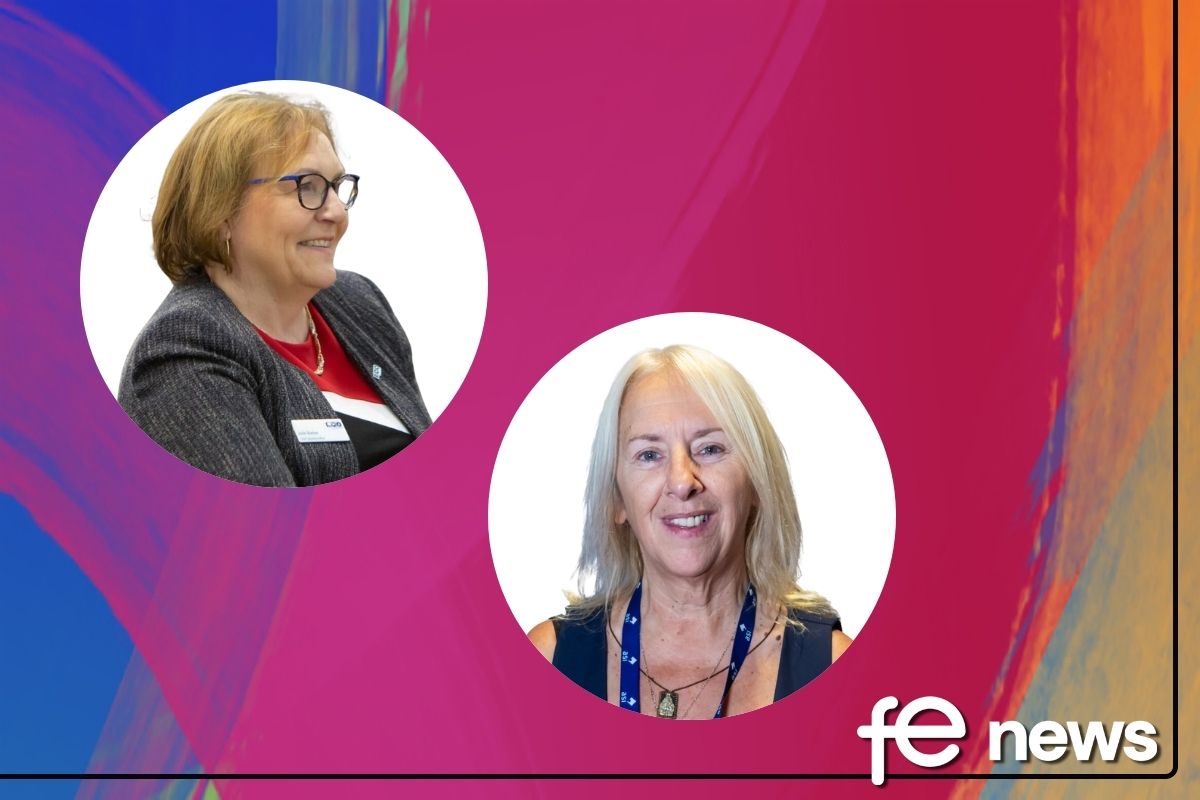How to get young people to succeed in the world of work? Teach them how to listen.

The world of work is changing. Due to a range of economic, societal, global and technological developments, the workplace of today is likely to a look a lot different in the future.
Traditional, linear career paths are set to become a thing of the past – instead, young people will face the prospect of portfolio careers, where multiple ‘sideways’ transitions through industries, roles and sectors become commonplace.
This shift in the way young people will approach their careers only increases the need to equip them with the key skills and experience necessary to move forward into and succeed in the modern workplace.
Whilst it is important to ensure they have the technical skills and experience needed to thrive, there must also be a focus on helping them develop essential transferable skills such as creativity and communication.
The importance of these ‘soft skills’ are increasingly being recognised by employers, with 97 per cent now recognising that these kind of skills are crucial for the successes of their business. However, despite their value, three-quarters of businesses believe that soft skills are lacking in the UK workforce.
According to employers, the most desired but least common workplace skills of the future are:
- Strategic thinking,
- Leadership skills,
- Creative problem solving and
- Communication.
Young people will often already possess these desirable skills, but may not recognise that they already have these skills or understand how they translate into the workplace. We need to take the time to not only hone these skills, but to make young people realise their importance and how attractive they can be to employers.
Importance of Listening Skills
A prime example of this is listening. We spend 80 per cent of our conscious hours using four basic communication skills – reading, writing, speaking and listening. Listening accounts for more than 50 per cent of that time, meaning that 40 per cent of our conscious time is spent purely on listening.
Understanding that it’s not just about what you say, but also listening to ‘hear’ what’s not said, is a really important skill for young people entering the working world.
Listening may sound like an obvious thing to remember to do, but training young people to listen properly can play a key role in the way they are able to communicate with other people, and make a real impact on success in the workplace. Being able to take in, process and act on information that you’ve heard or been told can not only make you more effective at work, but also go a long way to building respect and cooperation.
Being able to know when to stop and listen, or ask for guidance and feedback, are really important attributes and our experience with LifeSkills has shown us how important these skills are to employers across all industries and sectors. Knowing how to listen and communicate effectively is as relevant to university graduates as it is to school leavers entering the workplace for the very first time.
Working with Employers
Businesses understand the labour market better than anyone and have a role to play in helping educators to inspire and bring the world of work to life for young people. That is why a model where businesses are working in partnership with educators to help instil these employability skills is so powerful.
The impact of connecting educators to employers can’t be overstated. Research has shown us that students who have at least four meaningful interactions with employers are 86% less likely to find themselves without employment, education or training.
The importance of collaboration is also recognised by teachers, who want stronger links with employers, alongside information on what workplace skills are needed. They need more input from businesses on what to teach, practical tools to help students build these skills and the opportunity to put learning into context through work experience.
A study undertaken with the Education and Employers Charity found that 9 out of 10 secondary school teachers believe that quality work experience and employer related activities have a direct impact on exam results and are critical to achieving top grades at secondary school.
Work experience provides students with a perspective on the world beyond education and enables them to meet professionals in different careers. This helps them to understand the importance of transferable skills, such as listening and communication.
The LifeSkills programme, created with Barclays, is already helping equip young people with these skills, and our research has found that over 80% of students felt more confident and prepared to make future career decisions as a result of taking part in the programme[4].
Conclusion
Employability-oriented communication skills such as knowing how and when to listen are becoming ever-more important for young people entering the world of work. We know that employers value communication skills, so it’s important that young people are made aware of, and trained in, how best to listen in a workplace environment.
This is where business-led programmes that partner with schools and teachers are the most valuable; encouraging young people to think beyond their traditional skillsets and make themselves as prepared as they can be for working life.
By Kirstie Mackey, Head of LifeSkills created with Barclays
About Kirstie Mackey: Kirstie is responsible for driving citizenship throughout Barclays UK, which comprises UK retail banking, consumer credit cards, wealth and business banking. One key initiative is LifeSkills created with Barclays which she created and launched in 2013. LifeSkills was launched to bring together teachers, businesses, young people and others to make a significant impact to the challenge of youth unemployment in the UK. The LifeSkills programme helps give young people the skills they need to move from education to work. Since launch over 6 million young people in the UK have already participated in the programme.
In addition to citizenship, Kirstie’s brief covers Consumer Affairs – managing Barclays’ engagement with key consumer campaign groups such as Which?, Citizens Advice and Age UK on their priority issues for banking consumers. Through this engagement, she and her team work with colleagues across the bank to define Barclays’ strategy on issues such as financial inclusion, financial difficulty, accessibility and vulnerability customers to deliver tangible change for our customers.











Responses